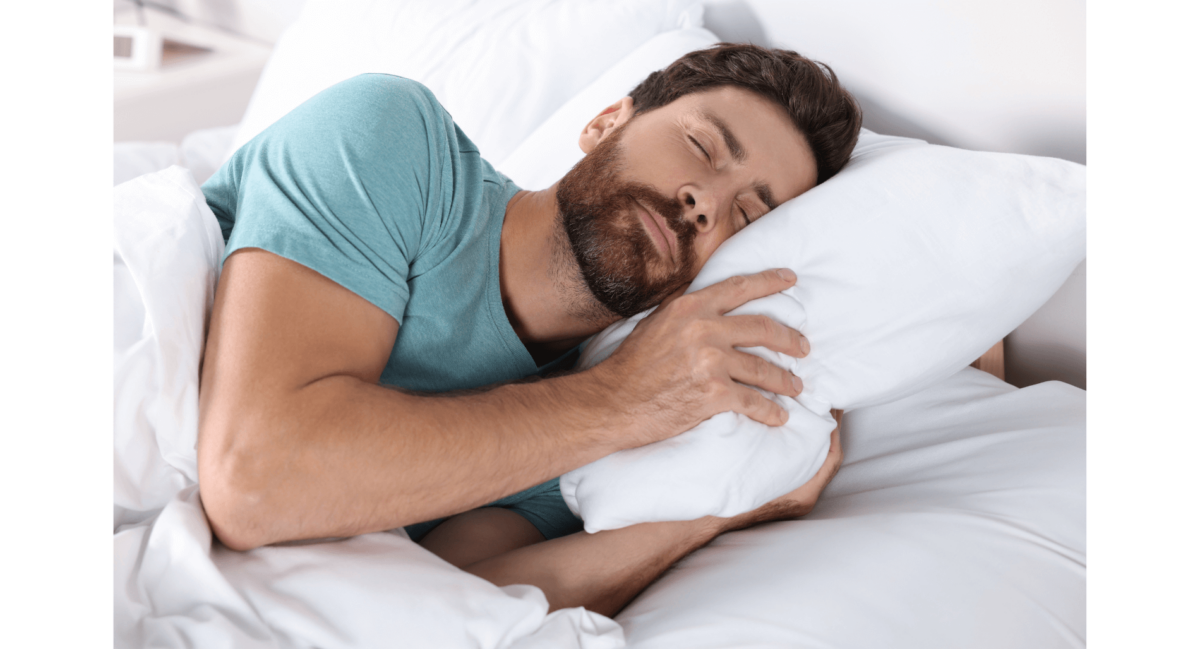Did you know that hearing loss and sleep apnea may be connected? These seemingly disparate conditions share some underlying physiological mechanisms. Let’s look at the relationship between sleep apnea and hearing loss, shedding light on how these conditions intersect and impact auditory health.
Understanding Sleep Apnea
Sleep apnea is a common sleep disorder characterized by recurrent interruptions in breathing during sleep. These interruptions, known as apneas, can occur multiple times throughout the night, leading to disrupted sleep patterns and inadequate oxygen in the body. Sleep apnea can manifest in different forms, including obstructive sleep apnea (OSA), central sleep apnea (CSA), and mixed sleep apnea, each with distinct underlying causes and characteristics.
Exploring the Impact on Auditory Health
Recent research has uncovered a compelling association between sleep apnea and hearing loss, suggesting that individuals with sleep apnea may be at increased risk of experiencing auditory difficulties. The precise mechanisms underlying this connection are not yet fully understood, but several factors may contribute to the link between sleep apnea and hearing loss:
- Oxygen Deprivation: Episodes of apnea during sleep can result in intermittent drops in blood oxygen levels, known as hypoxemia. This may lead to damage to the delicate hair cells in the inner ear responsible for hearing.
- Cardiovascular Effects: Sleep apnea is often associated with cardiovascular comorbidities such as hypertension, heart disease, and stroke, which can have secondary effects on auditory function due to compromised blood flow to the cochlea and auditory nerve.
- Inflammatory Pathways: Chronic inflammation and oxidative stress, which are prevalent in individuals with sleep apnea, have been implicated in hearing loss, suggesting a potential shared inflammatory pathway between the two conditions.
Recognizing the Signs of Hearing Loss
Hearing loss associated with sleep apnea may present in various forms, including:
- Sensorineural Hearing Loss: The most common type of hearing loss associated with sleep apnea is sensorineural hearing loss. This involves damage to the hair cells or auditory nerve in the inner ear, resulting in difficulties with speech comprehension and sound discrimination.
- High-Frequency Hearing Loss: Individuals with sleep apnea may be more prone to high-frequency hearing loss, which can affect their ability to perceive sounds in the higher frequency range, such as consonant sounds in speech.
- Tinnitus: Tinnitus, or ringing in the ears, is a common symptom reported by individuals with sleep apnea and may indicate hearing loss.
Seeking Evaluation and Treatment
If you have hearing loss or you suspect sleep apnea, it’s essential to seek evaluation and treatment from qualified healthcare professionals. A comprehensive assessment by a hearing health specialist can determine if you have hearing loss. Meanwhile, a sleep specialist can perform tests to determine if you have sleep apnea. Treatment for sleep apnea may include lifestyle modifications, continuous positive airway pressure (CPAP) therapy, oral appliances, or surgical interventions, depending on the severity and underlying cause of the condition.
Lifestyle Strategies for Hearing Health
In addition to medical intervention for sleep apnea, adopting healthy lifestyle habits can promote overall hearing health and mitigate the impact of sleep apnea. Strategies for optimizing hearing health include:
- Maintaining a Healthy Weight: Obesity is a risk factor for both sleep apnea and hearing loss, so maintaining a healthy weight through regular exercise and balanced nutrition can help reduce the risk of developing these conditions.
- Avoiding Smoking and Excessive Alcohol Consumption: Smoking and excessive alcohol consumption can exacerbate sleep apnea and contribute to hearing loss, so avoiding these substances can benefit both respiratory and auditory health.
- Practicing Good Sleep Hygiene: Establishing a consistent sleep routine, creating a comfortable sleep environment, and practicing relaxation techniques can help improve sleep quality and minimize the disruptive effects of sleep apnea on auditory function.
Raising Awareness and Promoting Prevention
As we find new evidence linking sleep apnea and hearing loss, it’s more important than ever to learn more about these conditions. By raising awareness and advocating for comprehensive screening and evaluation protocols, we can work together to mitigate the impact of sleep apnea on auditory health and improve overall well-being.
Book Your Next Hearing Test
The connection between sleep apnea and hearing loss underscores the connections between sleep, respiratory function, and auditory health. To find out more about your hearing health, book a hearing test.

